President Donald Trump is scrambling to save his ceasefire deal after the agreement faltered just hours into the proposed truce.
Shortly after Israeli Prime Minister Benjamin Netanyahu announced Tuesday morning that Israel had accepted Trump’s plan, the Israeli military said it had identified a missile launched from Iran towards its territory—and vowed to launch new strikes.
Israel Katz, the Israeli Defense Minister, said he had instructed his armed forces to “respond forcefully to Iran’s violation of the ceasefire with high-intensity strikes against regime targets in the heart of Tehran.”
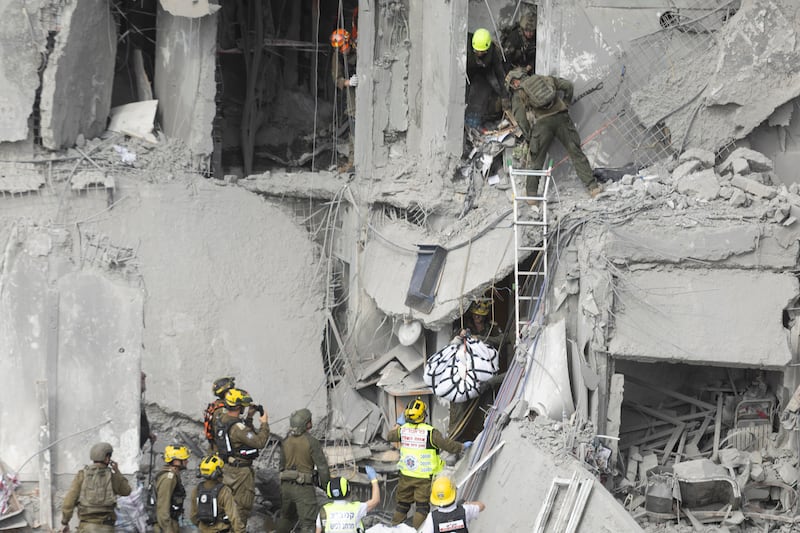
He said the strikes were necessary because of “Iran’s blatant violation of the ceasefire declared by the President of the United States—through the launch of missiles toward Israel—and in accordance with the Israeli government’s policy to respond forcefully to any breach,” Reuters reports.
Maj. Gen. Eyal Zamir, chief of staff for the Israel Defense Forces, also vowed in a post on X that Israel will “strike with force.”
Trump responded with a Truth Social post telling Israel to stand down.
“ISRAEL. DO NOT DROP THOSE BOMBS. IF YOU DO IT IS A MAJOR VIOLATION. BRING YOUR PILOTS HOME, NOW! DONALD J. TRUMP, PRESIDENT OF THE UNITED STATES,” he wrote.
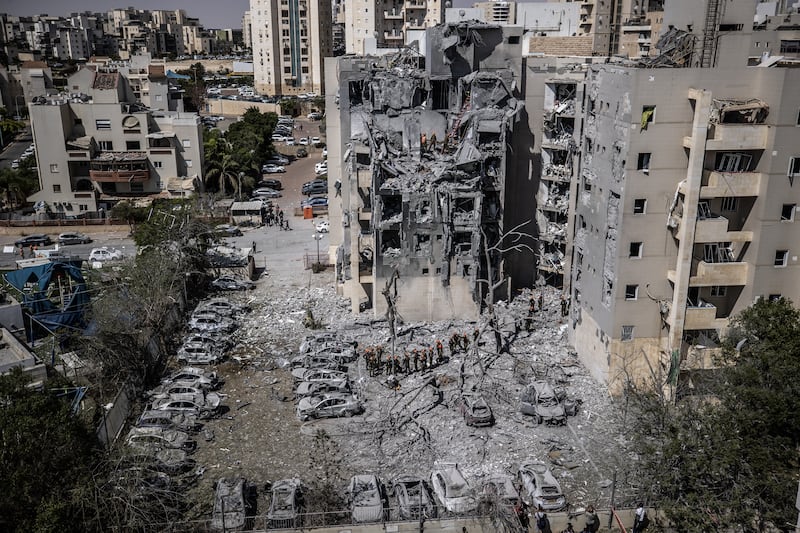
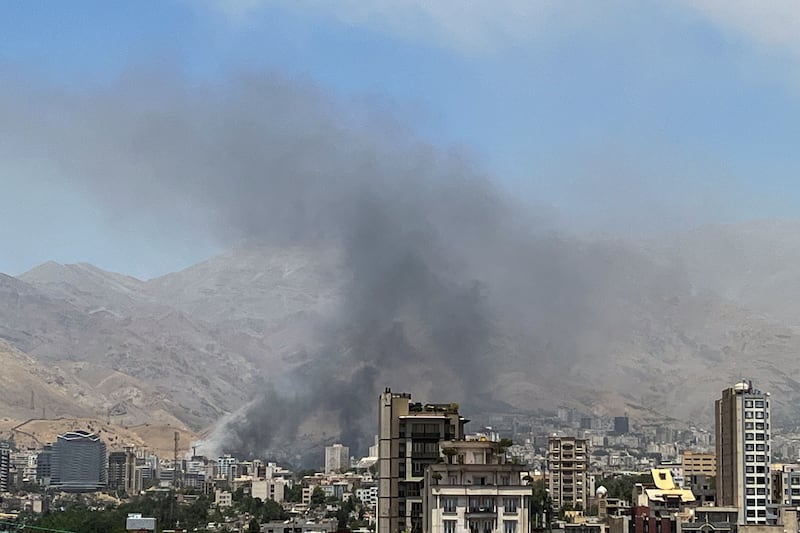
Iranian state media denied firing a missile after the ceasefire began, the BBC reported. In a statement, Iran’s Supreme National Security Council warned that Iran’s armed forces “will be ready to give a decisive and regretful response to any act of aggression by the enemy.”
The marked uncertainty surrounding the ceasefire just hours after it was announced stood in stark contrast to the triumphant tone that Trump had struck when he declared an end to the hostilities.
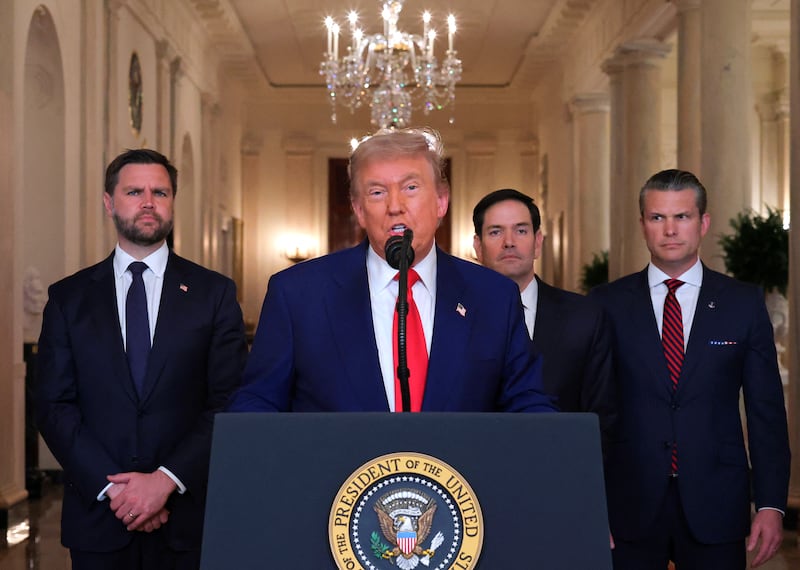
Trump first announced the agreement on his social media platform Truth Social, writing, “CONGRATULATIONS TO EVERYONE! It has been fully agreed by and between Israel and Iran that there will be a Complete and Total CEASEFIRE (in approximately 6 hours from now, when Israel and Iran have wound down and completed their in progress, final missions!), for 12 hours, at which point the War will be considered, ENDED!”
Hours later, he wrote, “I knew the time was NOW. The World, and the Middle East, are the real WINNERS! Both Nations will see tremendous LOVE, PEACE, AND PROSPERITY in their futures.”
During interviews and social media posts he also suggested that his own strikes on three Iranian nuclear sites over the weekend had brought about the agreement. The U.S. dropped massive “bunker buster” bombs that can penetrate deep underground—the only weapons capable of reaching Iran’s buried nuclear facilities.
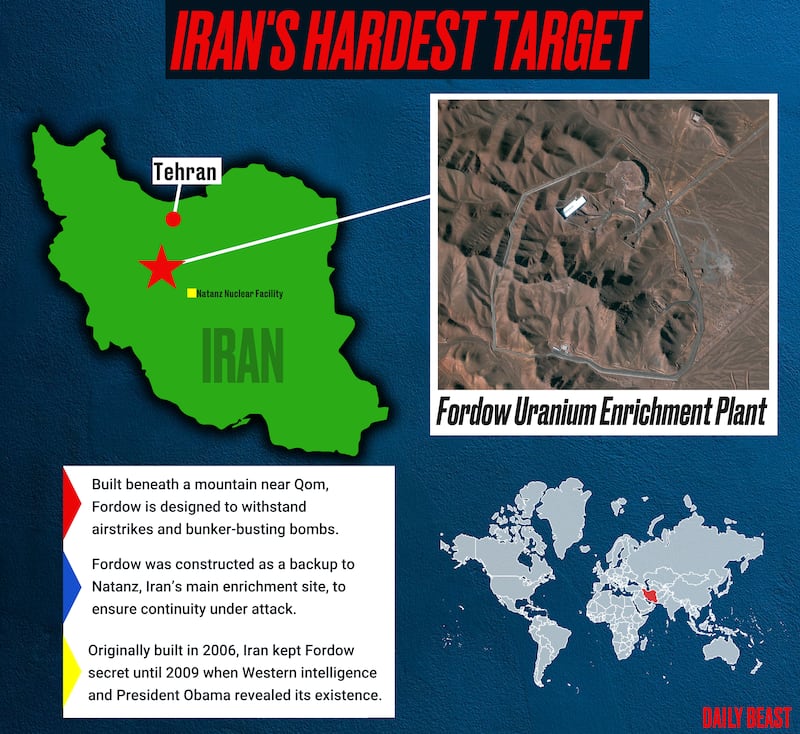
“I think the ceasefire is unlimited,” the president told NBC News reporter Yamiche Alcindor. “It’s going to go forever. I don’t believe they will ever be shooting at each other again.”
“It’s a great day for America,” he added. “It’s a great day for the Middle East. I’m very happy to have been able to get the job done. A lot of people were dying and it was only going to get worse.”
Even after the ceasefire was set to have begun, however, emergency flights were delayed and some planes were forced to circle over the Mediterranean Sea as missile launches from Iran were still being detected, according to the Associated Press.
Iranian Foreign Minister Seyed Abbas Araghchi wrote in a post on the social media platform X that there had been no “agreement” to stop military operations, but said that if Israel stopped its attacks on Iran by 4 a.m. local time, Iran would also end its military response.
“As Iran has repeatedly made clear: Israel launched war on Iran, not the other way around,” Araghchi wrote.
Soon after he added, “The military operations of our powerful Armed Forces to punish Israel for its aggression continued until the very last minute, at 4 am.”
Then, early Tuesday, Netanyahu seemingly brought an end to the 12 days of fighting.
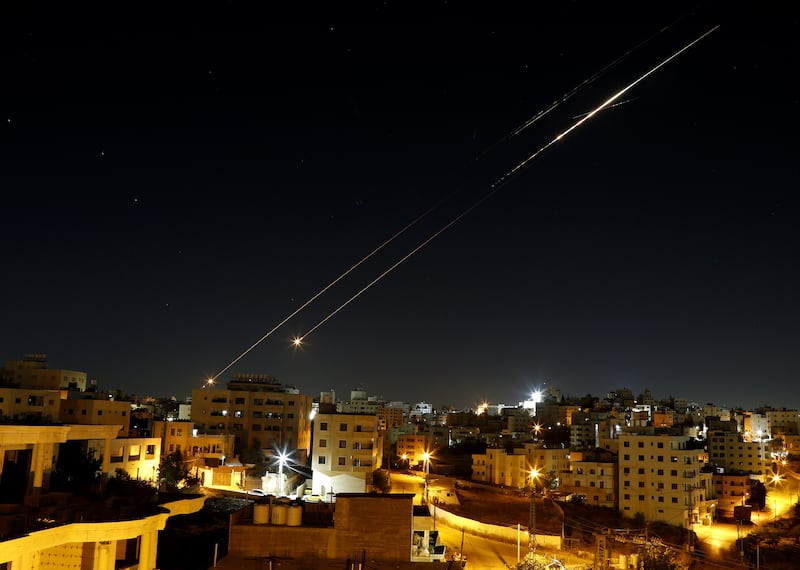
He said that he had met with Israel’s security cabinet Monday night and reported that they had achieved all of their war goals in less than two weeks, according to the Associated Press.
However, he also warned that “Israel will respond forcefully to any violation of the ceasefire.”
That announcement came after Iran had launched an earlier barrage of missiles on Tuesday morning, killing at least four people in the city of Beersheba and raising questions about the ceasefire’s durability.
Within hours of Netanyahu’s announcement, though, the Israeli military said it had identified missiles launched from Iran towards Israel. The public was instructed to shelter in protected areas until further notice, according to Reuters. They were permitted to leave shelters within an hour, with Israel’s emergency service saying it had not received reports of casualties, the BBC reported.
Overnight, drones also attacked Iraqi military bases where U.S. troops are housed, though no fatalities were reported, the AP reported.
A senior U.S. military official said American forces had shot down drones attacking a base near Baghdad airport, as well as Ain al-Assad in the desert of western Iraq.
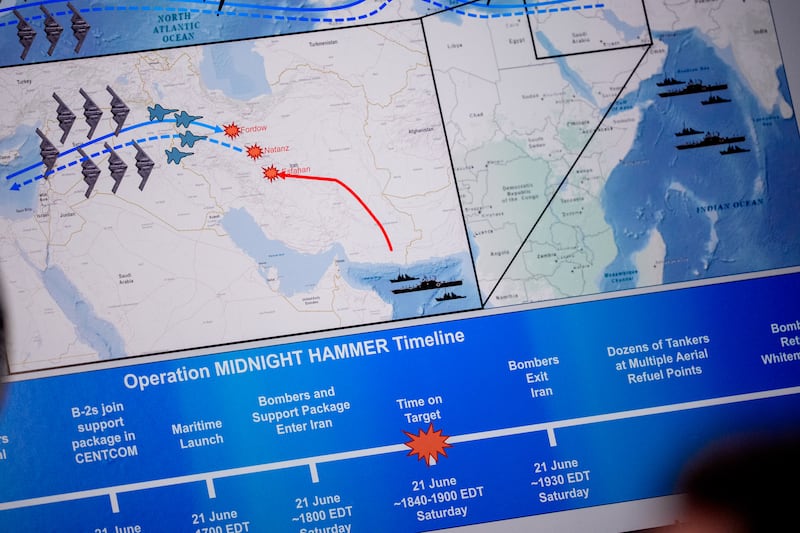
So far, no one has taken responsibility for the attacks, though some Iran-backed militias in Iraq had threatened to target American bases if the U.S. attacked Iran.
Israel and Iran began trading air and missile fire on June 13, when Israel attacked Iranian military and nuclear facilities, killing top military leaders and nuclear scientists.
Hours after the first, unexpected wave of attacks, Israeli intelligence operatives threatened senior Iranian officials that they too would be killed if they didn’t distance themselves from Iran’s supreme leader, Ayatollah Ali Khamenei, The Washington Post reported.

“You have 12 hours to escape with your wife and child. Otherwise, you’re on our list right now,” an Israeli intelligence operative told one senior Iranian general in an audio recording obtained by the Post. “We’re closer to you than your own neck vein. Put this in your head. May God protect you.”
The goal was reportedly to divide and destabilize the regime.
Over the weekend, the U.S. joined Israel’s campaign and attacked the three nuclear sites.
In the aftermath of the attack, Trump said Iran’s nuclear program had been “totally obliterated.” Experts, however, fear that Iran may have moved near-weapons-grade uranium away from the attack sites, The New York Times reported.
Evidence suggests that as the president was threatening to bomb Iran on social media in the days leading up to the attack, Iran spirited away 880 pounds of uranium enriched to 60 percent purity, which is just below the 90 percent that is usually used in nuclear weapons.
“Iran has made no secret that they have protected this material,” Rafael Mariano Grossi, the director general of the International Atomic Energy Agency, told CNN on Sunday.
During an interview Monday, Vice President JD Vance tried to downplay concerns about where the enriched uranium may have ended up.
“The question is, can Iran enrich the uranium to weapons-grade level, and can they convert that fuel to a nuclear weapon?” Vance said.
After the strikes, “We know that they cannot build a nuclear weapon,” he added.
Despite the attacks, Iran plans to attempt to restore its nuclear industry, Reuters reported.








